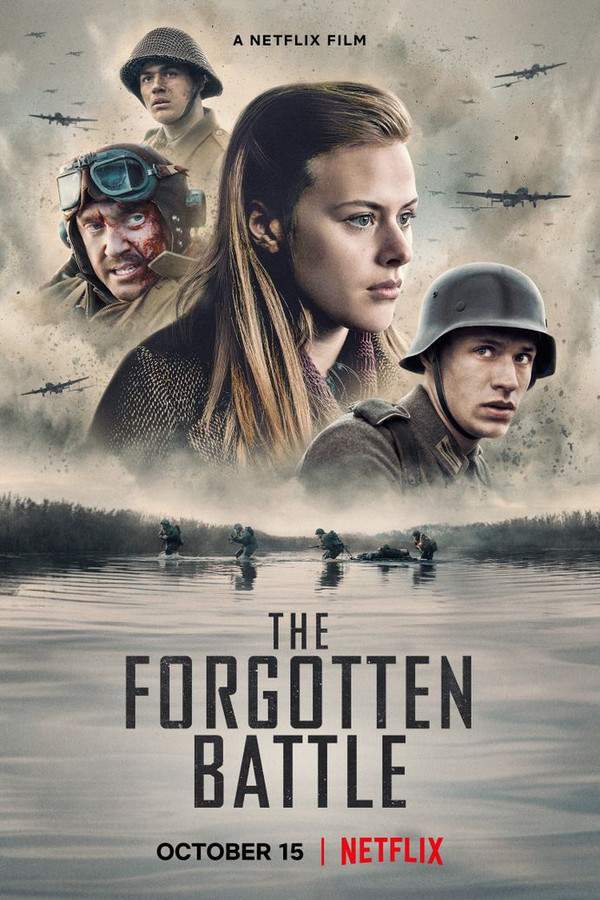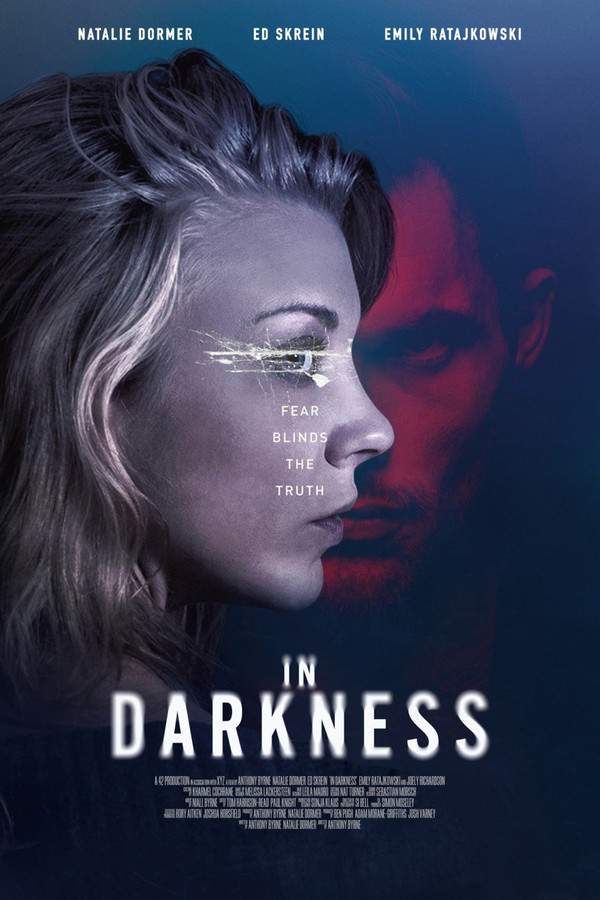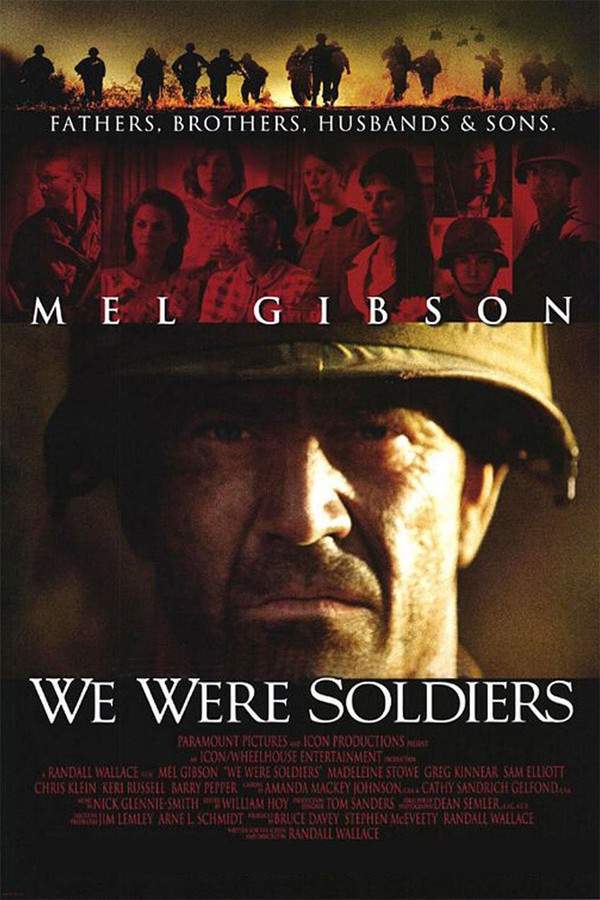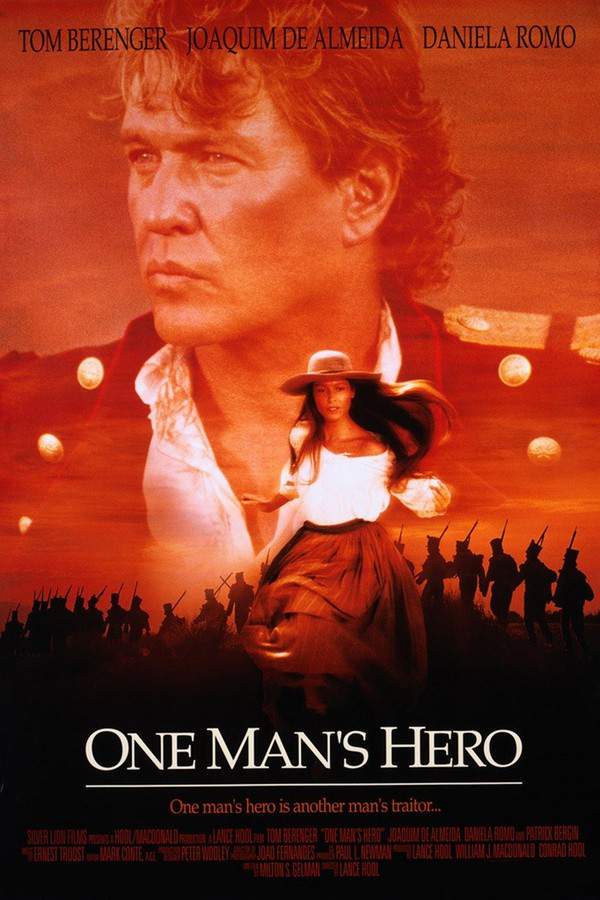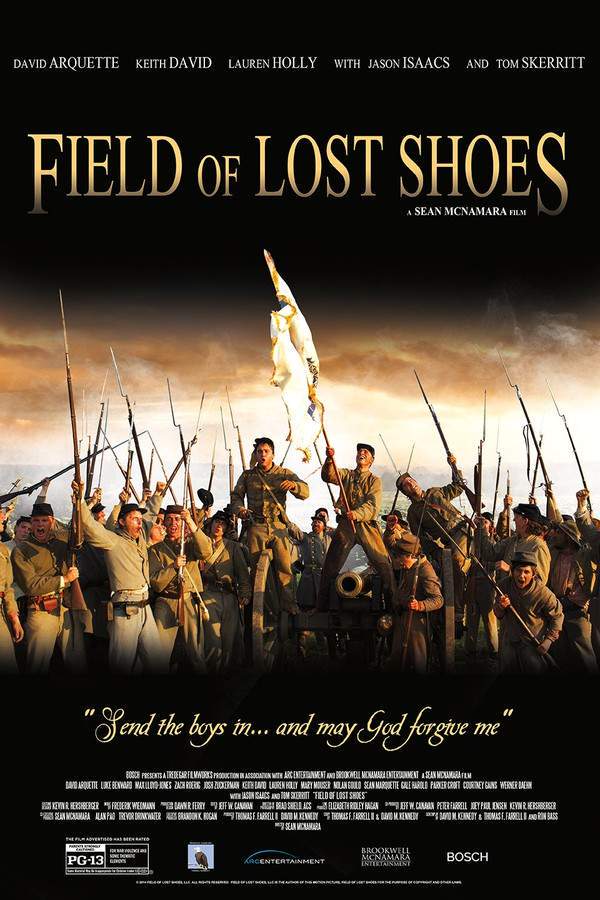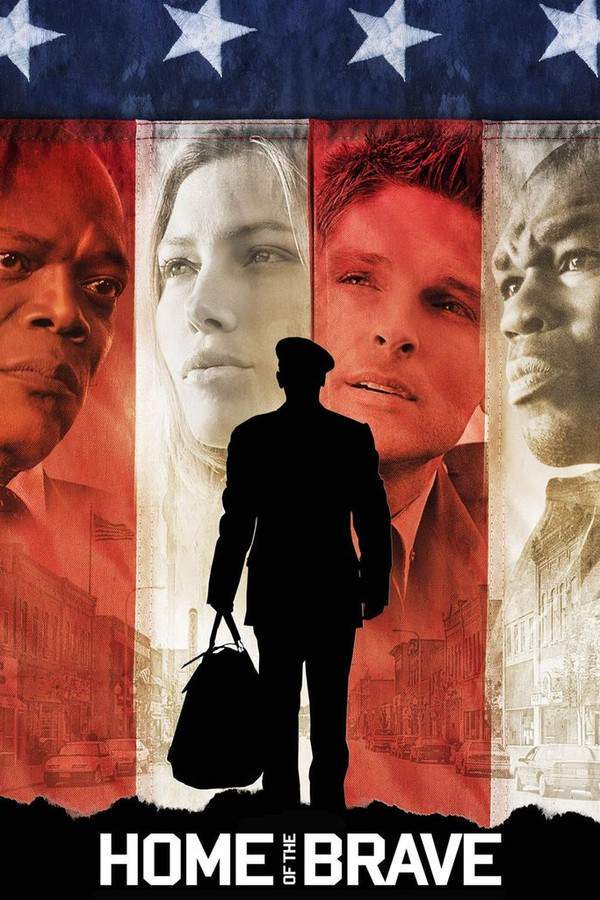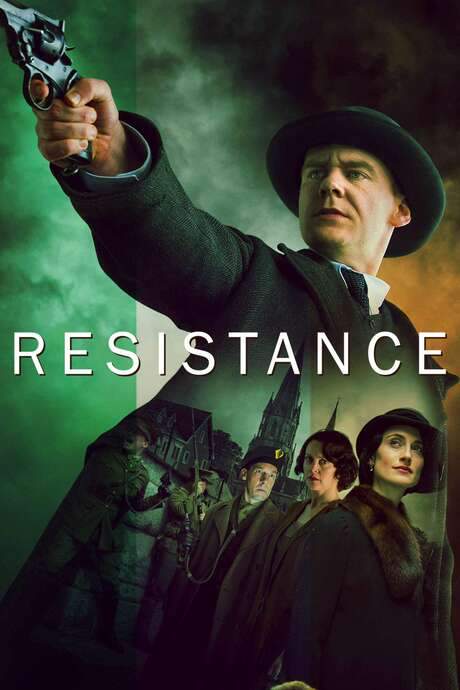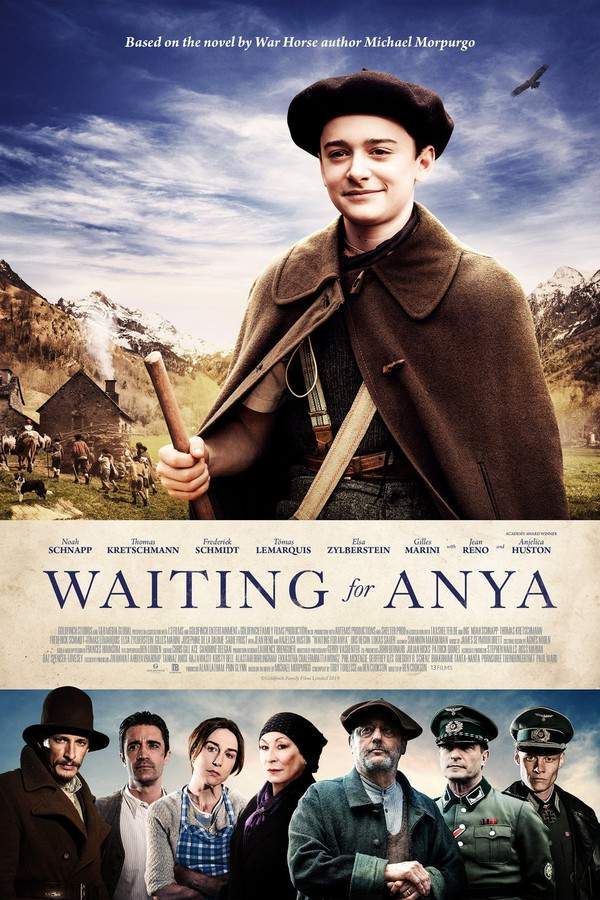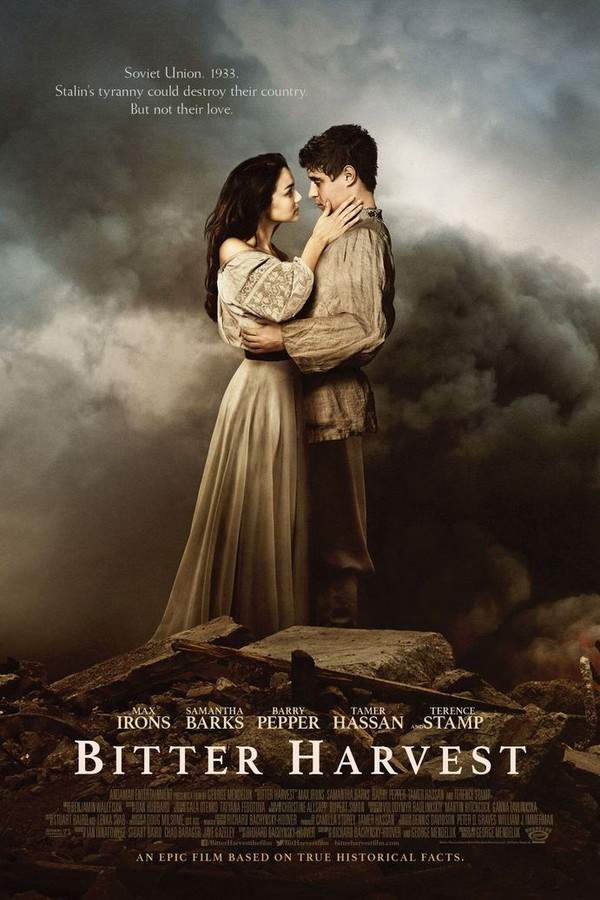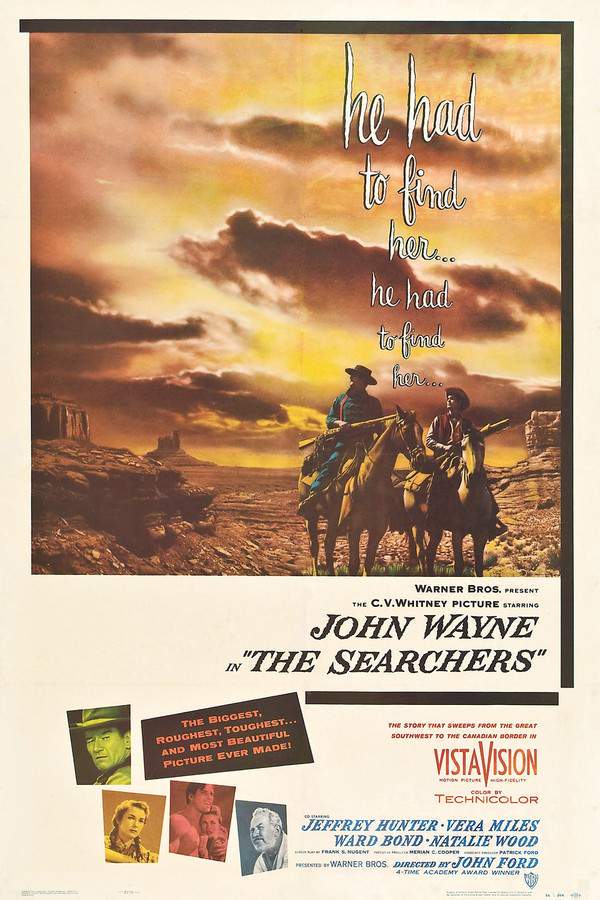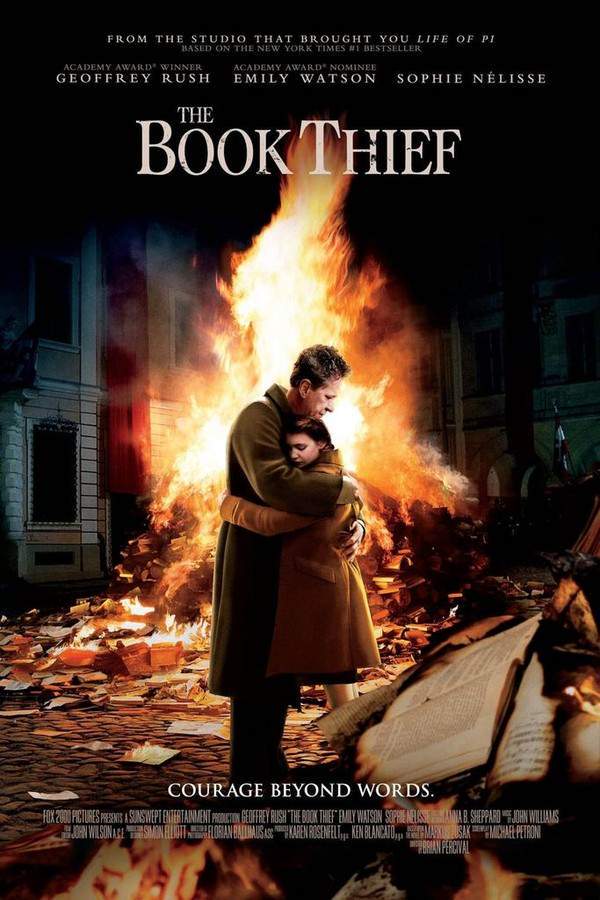
The Book Thief
Year: 2013
Runtime: 131 min
Language: English
Director: Brian Percival
In 1938 Germany, as the country is engulfed by war, a young girl named Liesel finds comfort and escape through stolen books and the kindness of others. Raised by foster parents, Hans and Rosa Hubermann, she learns to read with Hans’ patient encouragement. While they navigate difficult circumstances and try to maintain a sense of normalcy, they risk everything by sheltering a Jewish young man in their home, placing their own safety in jeopardy and forcing them to confront the harsh realities of the era.
Warning: spoilers below!
Haven’t seen The Book Thief yet? This summary contains major spoilers. Bookmark the page, watch the movie, and come back for the full breakdown. If you're ready, scroll on and relive the story!
Timeline & Setting – The Book Thief (2013)
Explore the full timeline and setting of The Book Thief (2013). Follow every major event in chronological order and see how the environment shapes the story, characters, and dramatic tension.
Last Updated: October 22, 2024 at 22:40
Main Characters – The Book Thief (2013)
Meet the key characters of The Book Thief (2013), with detailed profiles, motivations, and roles in the plot. Understand their emotional journeys and what they reveal about the film’s deeper themes.
Last Updated: October 22, 2024 at 22:40
Major Themes – The Book Thief (2013)
Explore the central themes of The Book Thief (2013), from psychological, social, and emotional dimensions to philosophical messages. Understand what the film is really saying beneath the surface.
Last Updated: October 22, 2024 at 22:40
Explore Movie Threads
Discover curated groups of movies connected by mood, themes, and story style. Browse collections built around emotion, atmosphere, and narrative focus to easily find films that match what you feel like watching right now.
Movies about finding humanity in war like The Book Thief
Stories of ordinary people choosing kindness amidst the brutality of conflict.If you were moved by how 'The Book Thief' showed small acts of courage during wartime, you'll appreciate these similar films. Discover other powerful dramas that explore kindness, resilience, and found family in the face of historical conflict and persecution.
Narrative Summary
Narratives in this thread typically follow civilians or soldiers caught in a vast historical conflict, focusing on their personal moral choices rather than the large-scale battles. The journey centers on maintaining one's integrity, protecting loved ones or strangers, and discovering that acts of humanity are the ultimate form of resistance against oppression.
Why These Movies?
These movies are grouped together because they share a dark, somber tone underpinned by a persistent thread of hope. They balance the high intensity of wartime settings with steady, character-driven pacing, exploring heavy themes through the lens of personal relationships and quiet courage.
Movies where stories provide solace like The Book Thief
Characters who use literature and art as a refuge from oppression and despair.Love how 'The Book Thief' used stolen books as a symbol of hope? Explore more films where literacy, storytelling, and art are central to survival. These movies, similar in tone, show characters using creativity as a weapon and a refuge against overwhelming adversity.
Narrative Summary
The narrative pattern involves a protagonist facing a grim or oppressive reality who discovers an escape or a purpose through stories—whether reading, writing, or sharing them. This arc shows how engaging with narrative art helps the character process trauma, connect with others, and find an inner strength that external forces cannot destroy.
Why These Movies?
These films share a bittersweet, melancholic mood and a steady, reflective pace. They are united by the central theme of art and literacy as transformative forces, exploring how creativity and knowledge empower individuals to endure and find meaning in the midst of tragedy and loss.
Unlock the Full Story of The Book Thief
Don't stop at just watching — explore The Book Thief in full detail. From the complete plot summary and scene-by-scene timeline to character breakdowns, thematic analysis, and a deep dive into the ending — every page helps you truly understand what The Book Thief is all about. Plus, discover what's next after the movie.
The Book Thief Summary
Read a complete plot summary of The Book Thief, including all key story points, character arcs, and turning points. This in-depth recap is ideal for understanding the narrative structure or reviewing what happened in the movie.

The Book Thief Timeline
Track the full timeline of The Book Thief with every major event arranged chronologically. Perfect for decoding non-linear storytelling, flashbacks, or parallel narratives with a clear scene-by-scene breakdown.

The Book Thief Spoiler-Free Summary
Get a quick, spoiler-free overview of The Book Thief that covers the main plot points and key details without revealing any major twists or spoilers. Perfect for those who want to know what to expect before diving in.

More About The Book Thief
Visit What's After the Movie to explore more about The Book Thief: box office results, cast and crew info, production details, post-credit scenes, and external links — all in one place for movie fans and researchers.


